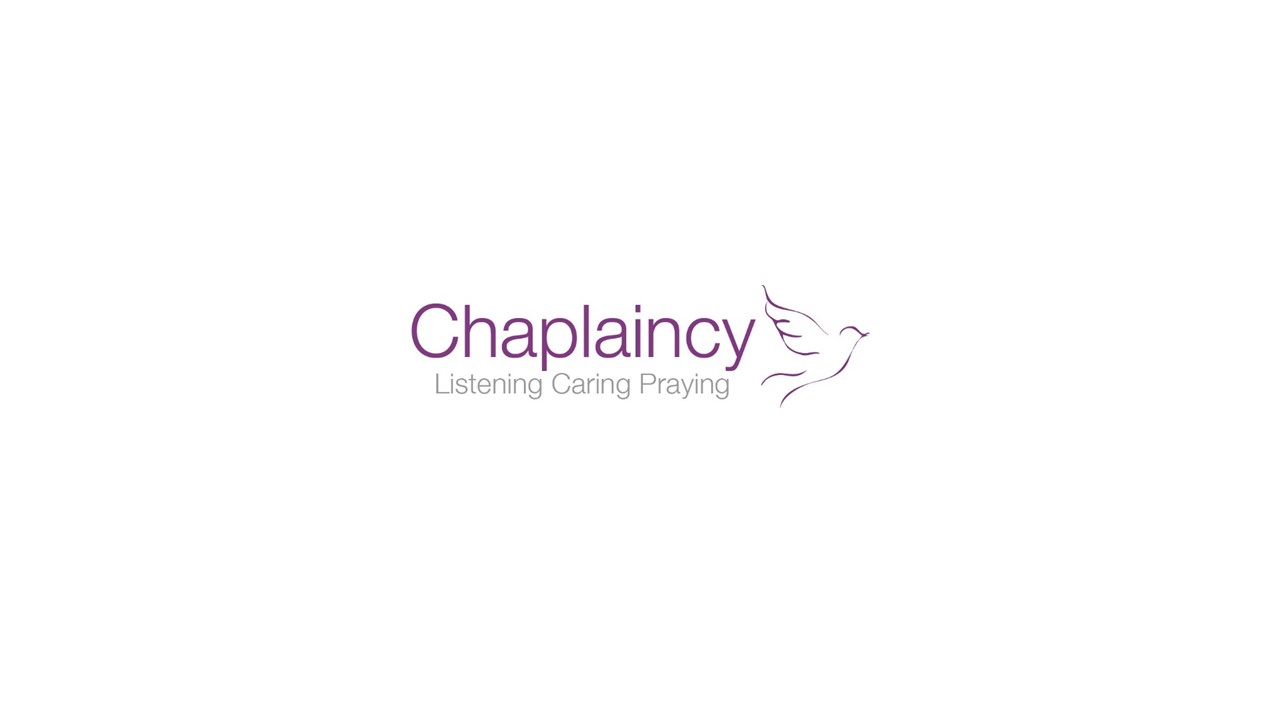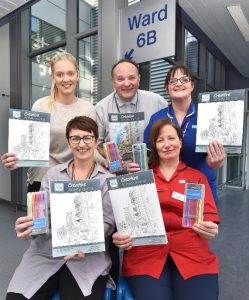

ART-pack: A report from Rev Norman Harrison, chaplain at Belfast Trust
This is a Quality Improvement initiative designed to help alleviate bed-side boredom and to provide a therapeutic tool.
Funding for an initial trial was awarded by the Trust, and a journal produced encouraging patients to write prose or poetry, or to do adult colouring or art-work, as a means to take the mind away from the fears and anxieties of acute ill-health, and as a means to express felt needs. The responses were so encouraging that Norman and the multidisciplinary team have been able to achieve funding from the Martha McMenamin Scholarship, the first non-nursing led project granted funding under this scheme, to develop a chaplaincy specific and a neurological specific ART- Pack Journal to assist a second stage research project aimed at 500 patients and the staff who care for them.
The ART-Pack team have been able to gather both quantitative and qualitative data which points to the value of such interventions. This has helped to address Norman’s hypothesis that both ART and CHAPLAINCY interventions have a similar effect upon the quality of patient care. This outcome indicates, as suggested by both the Lothian Report on Chaplaincy, and the All-Party Government Report in Arts in Healthcare (2017) that investment in these Medical Humanities would ultimately have cost saving benefits which should vastly outstrip the cost of any initial investment.
Ultimately, the benefits to the people during the first trial of ART-Pack are the most exciting. Patients responded positively to the idea of receiving such a pack, recognising it as an act of compassionate care, and staff noticed that contented and occupied patients left them more time to address serious need.
Occupational therapists were able to note the positive effect of ART-Pack on decreasing agitation in dementia patients, in aiding visual acuity, motor skill and language recovery in stroke and neurological patients, leading the team to postulate that ART-Pack could have a scalable and adaptable application across a range of specialties. The team looks forward to seeing what the response will be when their new specialised
ART-Packs go out on trial in 2020.

